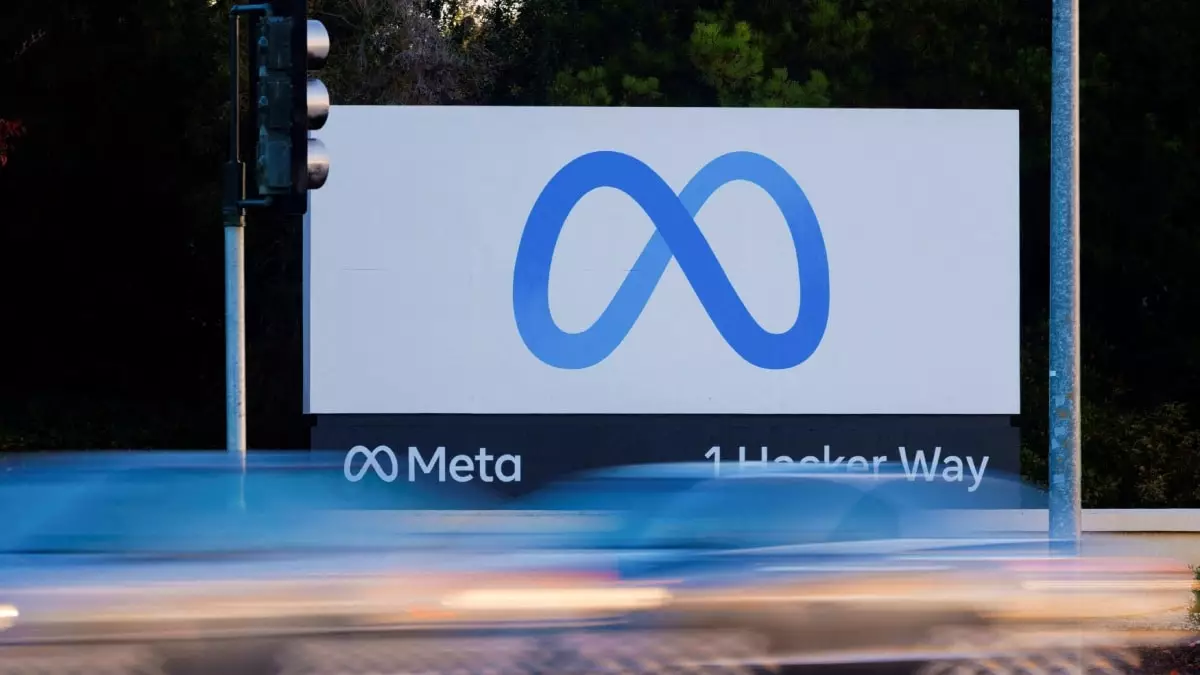In a shocking revelation, Meta disclosed that it had uncovered instances of “likely AI-generated” content being used deceptively on its Facebook and Instagram platforms. This content included comments that praised Israel’s handling of the conflict in Gaza, strategically placed below posts from prominent global news organizations and US lawmakers. The accounts behind this misleading content masqueraded as various groups, including Jewish students, African Americans, and concerned citizens, with the primary target being audiences in the United States and Canada.
Meta attributed this campaign to a political marketing firm based in Tel Aviv called STOIC. While STOIC did not immediately respond to these allegations, it raises serious concerns about the use of AI technology to manipulate public opinion. This report is the first to shed light on the use of text-based generative AI technology in such operations, which emerged in late 2022. The implications of this are significant as researchers fear that the rapid and cost-effective nature of generative AI could pave the way for more sophisticated disinformation campaigns and impact the outcomes of elections.
The Challenges Faced by Meta and Other Tech Giants
As Meta grapples with uncovering these covert influence operations, it has become evident that identifying and combating AI-generated content poses a unique set of challenges. While Meta claims to have successfully removed the Israeli campaign early on, it raises questions about the effectiveness of novel AI technologies in disrupting influence networks. Despite the use of generative AI tooling to create content, Meta’s head of threat investigations, Mike Dvilyanski, emphasized that it has not hindered their ability to detect these networks, thus far.
With the upcoming elections in the European Union and the United States, Meta faces a critical test of its defenses against the misuse of AI technologies. Despite efforts by tech giants to implement digital labeling systems to identify AI-generated content, there are still doubts about their overall effectiveness, especially when it comes to text-based content. This underscores the urgent need for improved strategies to combat the spread of misinformation and uphold the integrity of democratic processes around the world.
The revelation of AI-generated content being used deceptively on social media platforms highlights the evolving landscape of online disinformation campaigns. As the capabilities of AI technology continue to advance, it is crucial for platforms like Meta to remain vigilant and proactive in addressing these emerging threats. The upcoming elections will serve as a critical test of their ability to safeguard against the manipulation of public opinion and preserve the authenticity of online discourse. It is imperative that steps are taken to ensure transparency, accountability, and countermeasures against the misuse of AI in the digital age.


Leave a Reply